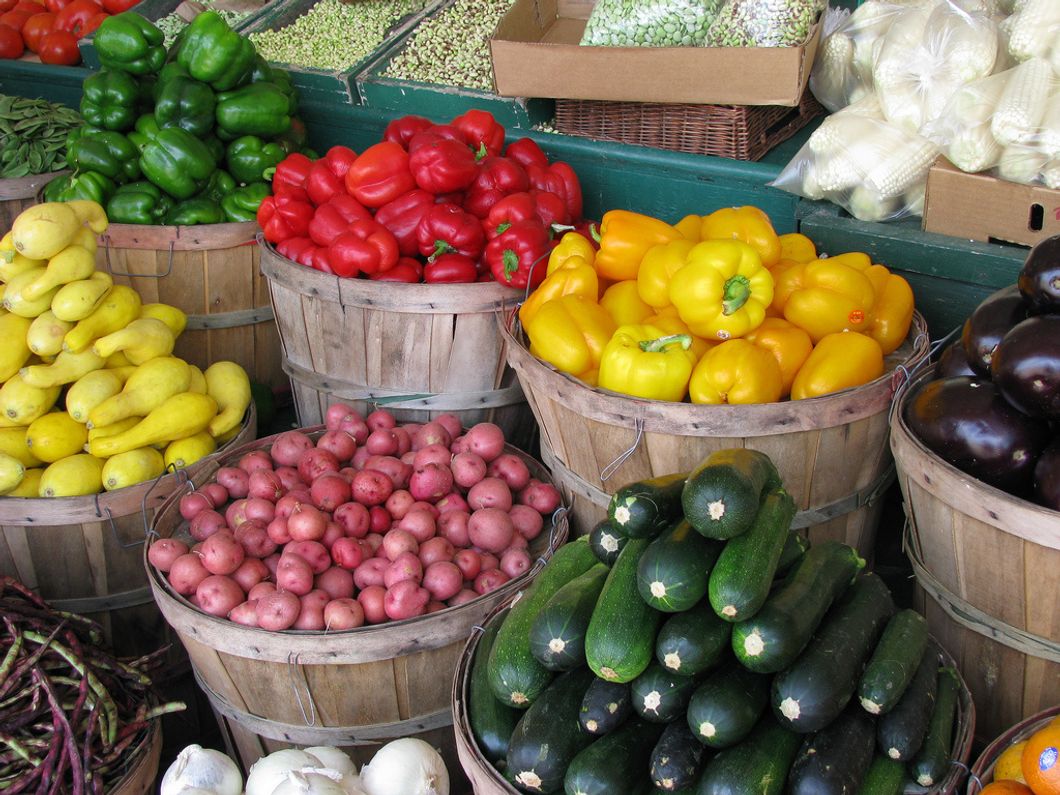Flexitarianism is a dietary plan characterized by an effort to reduce the consumption of animals and animal products in favor of plant-based protein and nutrition sources. Although it was developed in the early 2010's, it has experienced a recent surge in popularity as the accessible choice for those who wish to eat more ethically but don't feel ready to commit to a fully vegan or vegetarian lifestyle.
Unlike other modified vegetarian diets (i.e. pescetarian diets) which eliminate some meat while maintaining other forms, flexetarian diets allow for the consumption of any and all animals or animal product, with the stipulation that this consumption should be limited.
This can mean eating 2 vegetarian meals a day and only having meat at 1. It can mean being mostly vegetarian except for certain social outings or occasions. It can also mean taking actions as seemingly small as making meat a side dish rather than the main course of a meal. As the name implies, this lifestyle is a flexible one, allowing you to do as little or as much as you feel comfortable and able to.
In other words, being a flexitarian means making an active effort to not eat meat in your day-to-day life, while still acknowledging that meat as an occasional part of your diet is neither unhealthy nor unethical. Although there are many vegetarians and vegans willing to argue this point, the pros of flexitarianism cannot be ignored.
First, it enables people who do not feel an obligation to forgo meat to eat in a way that is more sustainable and respectful of animal life. While not totally eliminating meat or animal products from their diet, flexitarians drastically reduce their intake of these products. This contributes to the dismantling of industries that practice inhumane treatment of animals and significantly decreases the demand for animal products which allows for a breakdown of mass-meat production.
Secondly, when flexitarians do consume meat, they are encouraged to eat from local and sustainable sources. For example, buying cage-free eggs, buying local produce, buying humanely raised meat...these are all ways to eat in an environmentally-responsible manner, which don't include a total avoidance of meat and animal products.
Finally, the benefits of a plant-heavy diet are numerous. Meat in and of itself is NOT an unhealthy option. However, there are significant health benefits associated with increased consumption of plant-based meals, such as better heart health, lower blood pressure, higher metabolic rates, stronger immune system, and even a lower risk of cancer (Read more here).
If you've been considering the vegetarian or vegan lifestyle but also love chicken tenders too much to say goodbye, this lifestyle might be right for you. Even if you've never been interested in moving to plant-based foods, do some research on the environmental benefits of reduced animal consumption (here, or here). Remember, being flexitarian is about making your diet more environmentally and ethically conscious, but also compatible with your lifestyle and desires.

















